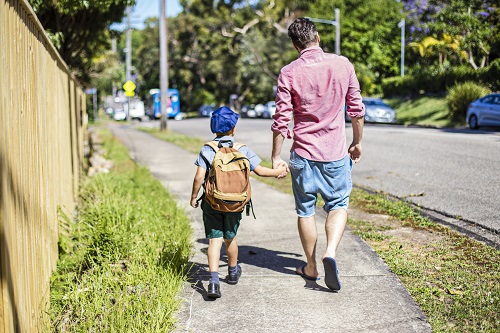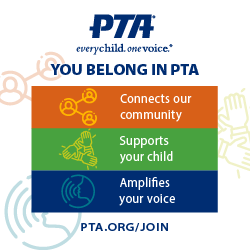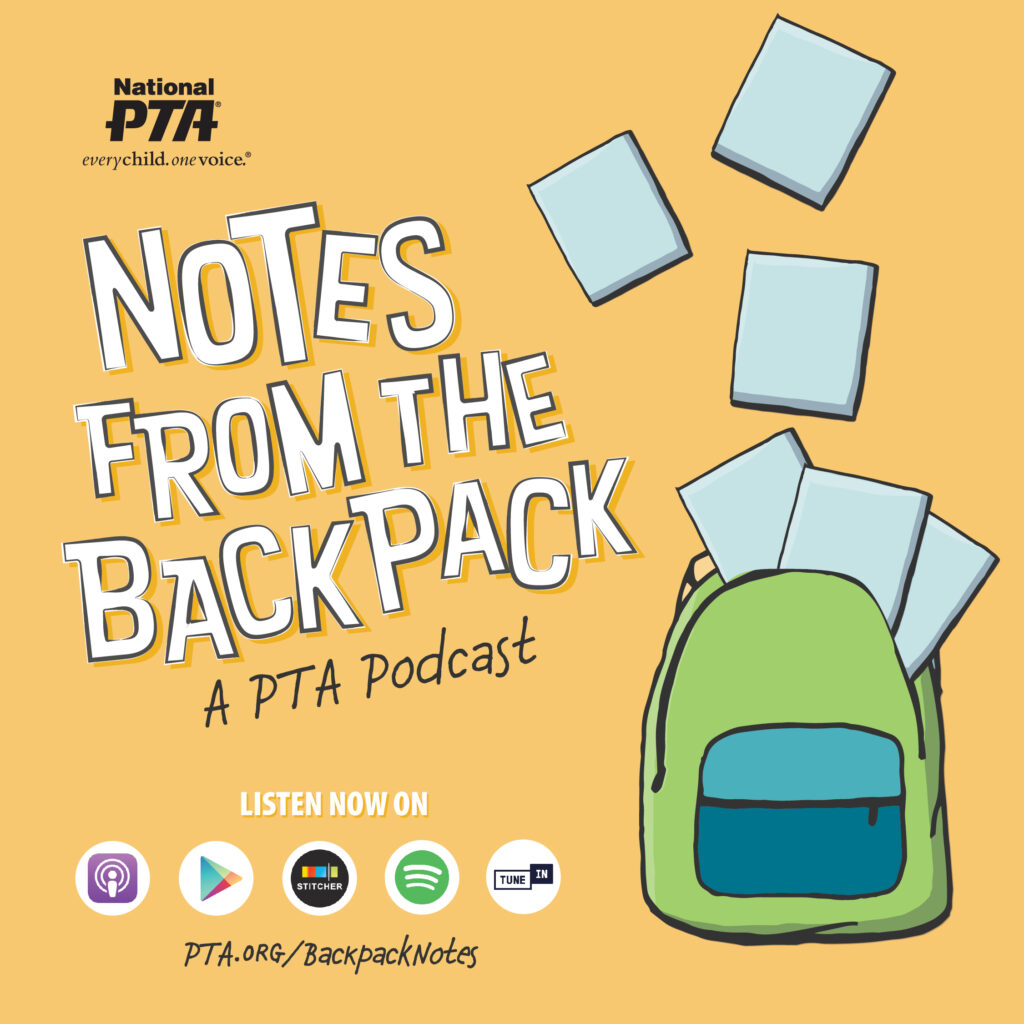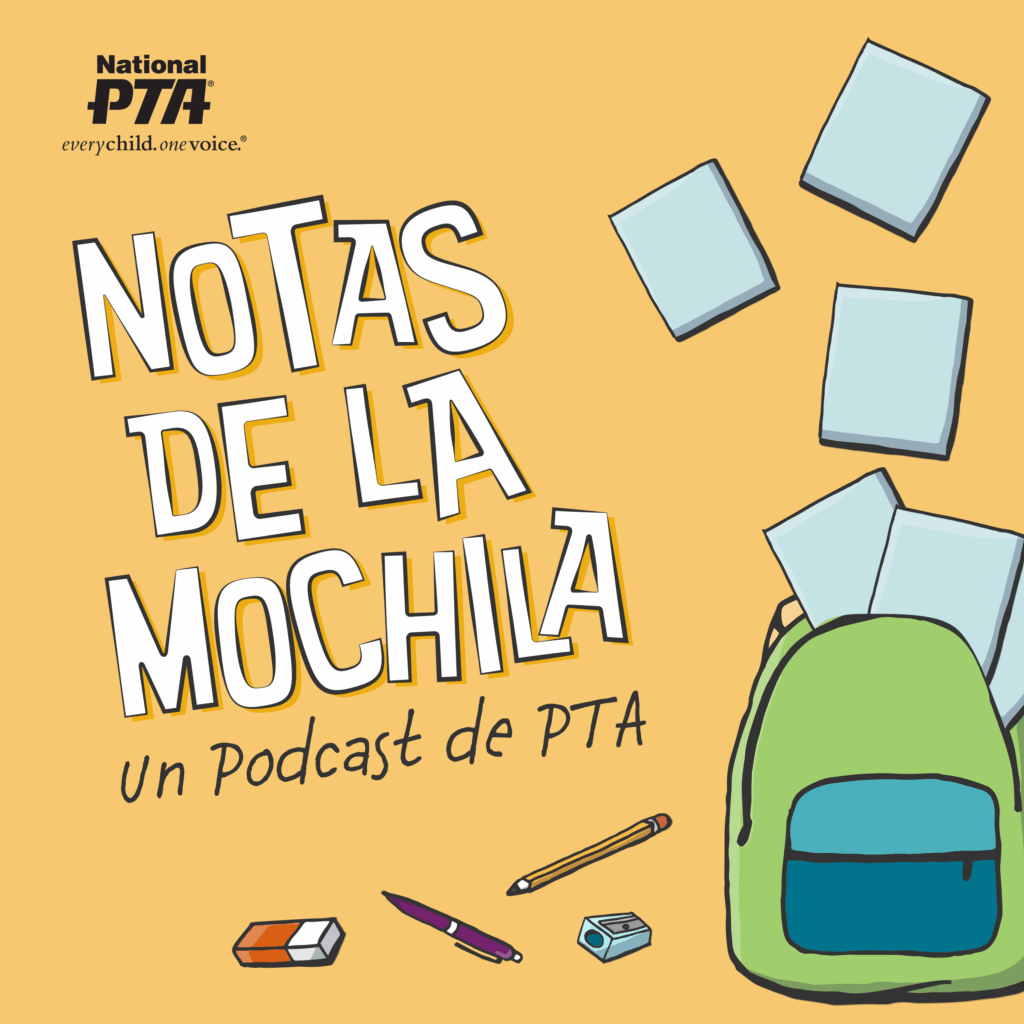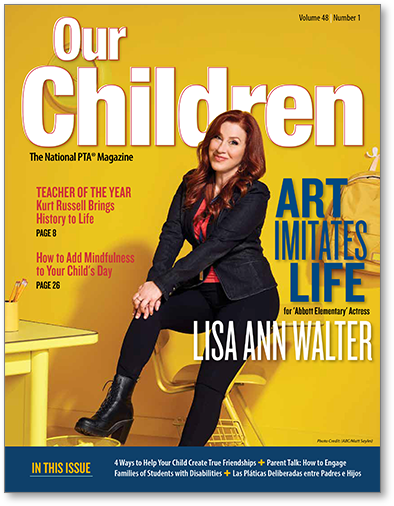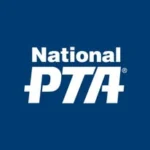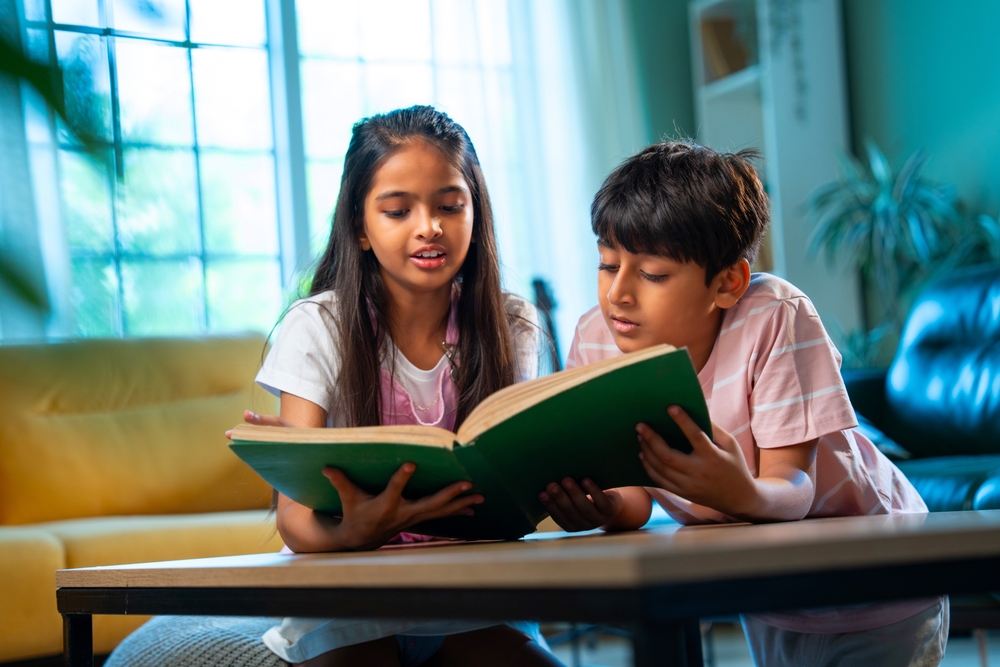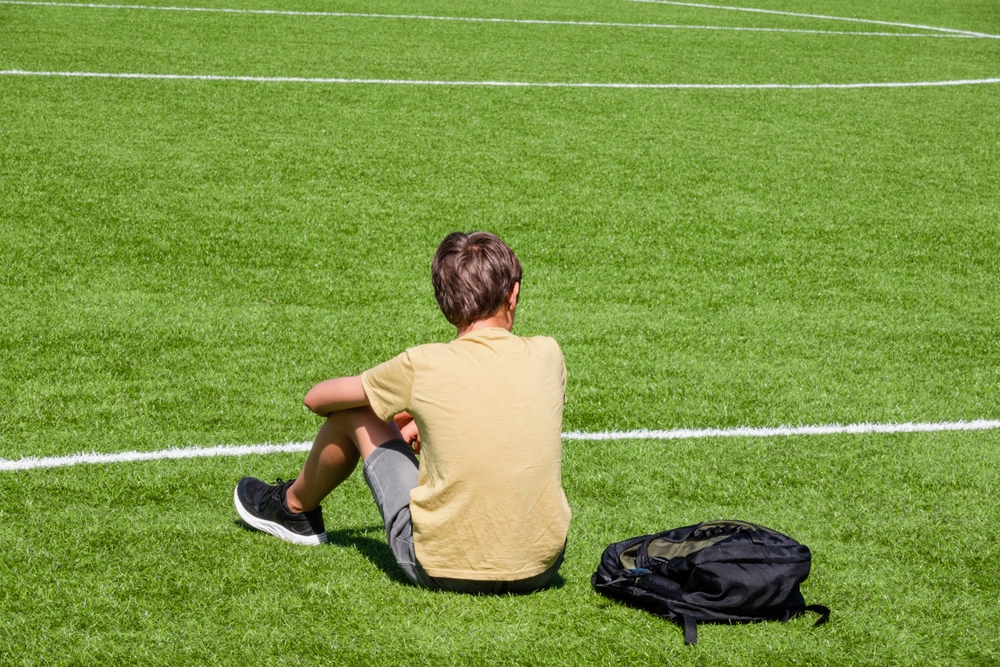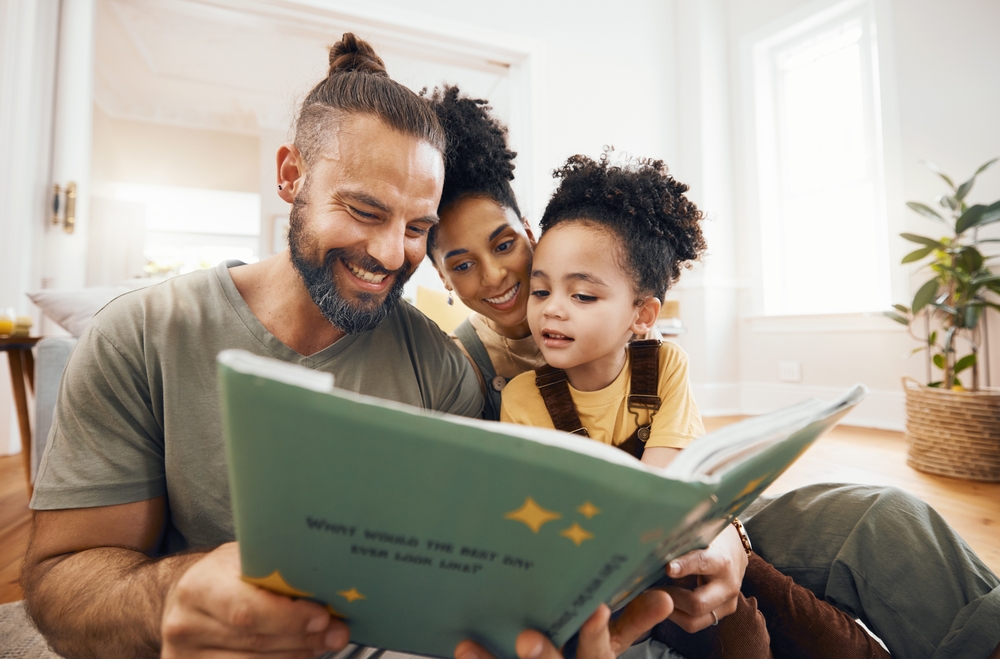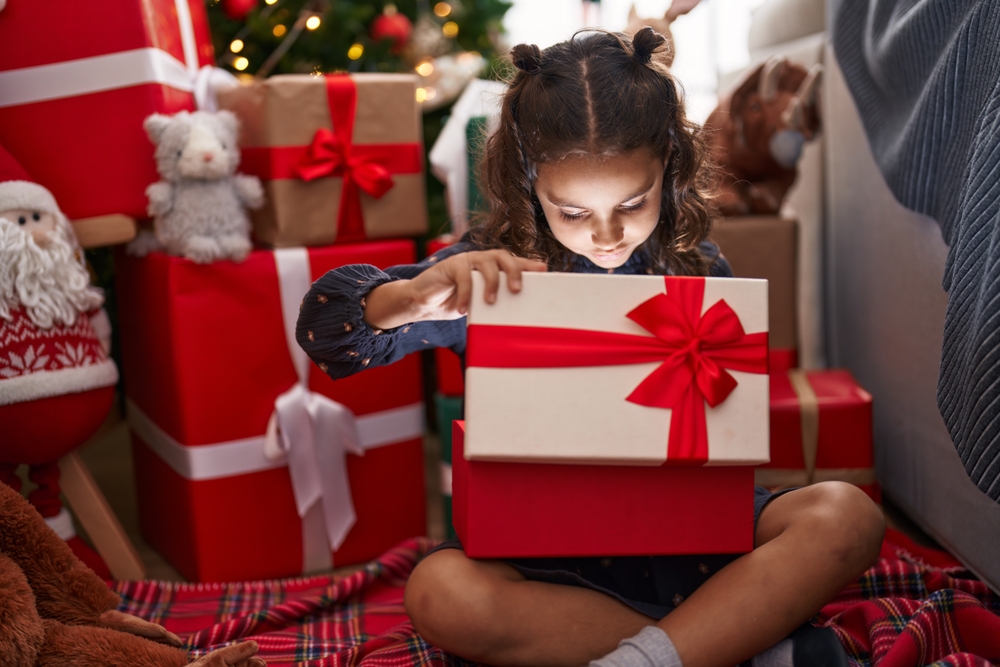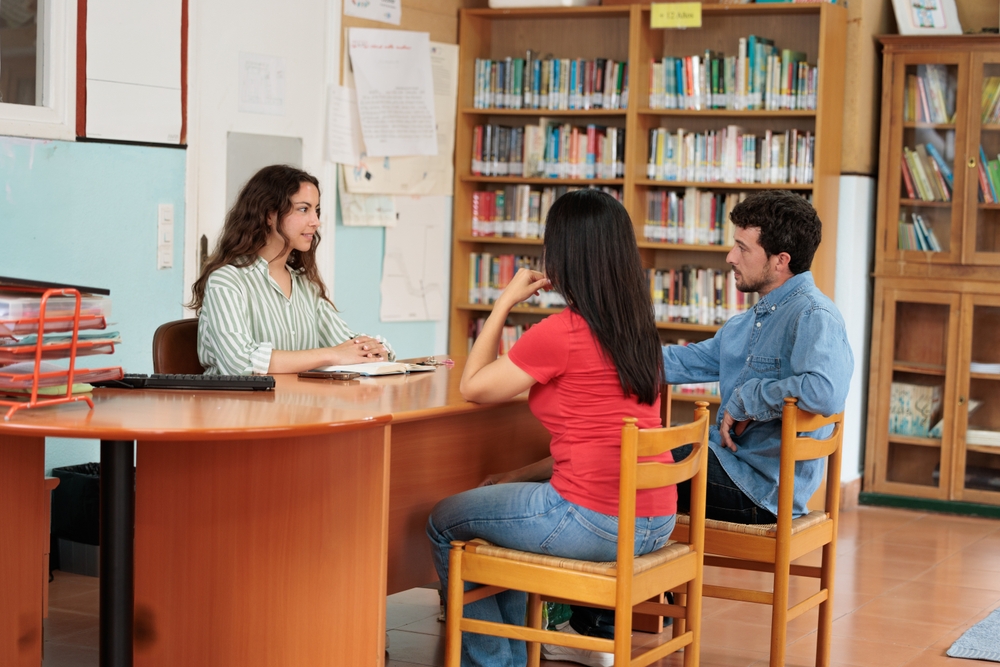Stress caused by Myths …. A mother of two teenagers sighed as she confessed to me her mixed emotions about this month.
When I asked her why she said: “There’s a part of me that looks forward to the fall when my kids go back to school. But there’s another part of me that dreads the struggle of pushing them out the door every day and negotiating with teachers over grades and homework.”
At least she’s honest.
Someone once said parenting is a contact sport these days. It’s easy for us to “play the victim.” In one nationwide survey, the average American parent gave themselves an “A” or a “B” on their parenting skills. They gave their neighbor a “D.”
But—does back-to-school have to be stressful? I’d like to offer perspective on some common myths we parents have bought into, and how we can create a new viewpoint.
Myth 1: Back to School Means Life Gets Distressful
Sure the pace picks up, but does stress automatically mean distress? We all know it’s in times of pressure that we can become the best version of ourselves. At the gym, we get stronger when we can lift heavy weights, right?
So breathe. Smile. See the Fall season as a time to work your emotional muscles. Does that sound syrupy? Stanford psychologist Carol Dweck tells us our minds and emotions work like a muscle. They grow stronger as we exercise them. This Fall can be a positive workout for strengthening your child’s life skills.
Remember: a rubber band is only useful when it is stretched. If your child complains about a tough test, remind them you can “feel their pain” and share a time you endured a week of finals and lived to tell about it. Stories help. Metaphors help. Reminders give perspective. Your goal is to prepare your child for the path, not the path for your child.
Myth 2: Back to School Means I Must Battle Educators for My Kid’s Rights
Nope. Teachers and principals actually want your child to win. However, they often see a bigger picture we parents don’t see. Educators see their students’ need to become resilient; to develop coping skills and to deal with hardship. These are skills they’ll need as adults and the best time to build them is when the stakes are lower—in childhood.
Attempt to see the big picture. Think “puzzle pieces and box tops.” Have you ever tried to put a huge jigsaw puzzle together…without the box top? It’s almost impossible. Why? The box top shows you the big picture. Bingo. The further out you can see, the better the decision you’ll make for your child.
Myth Three: Back to School Means I Must Fear for my Child’s Safety
Nope. Most accidents happen at or near our home. School violence has diminished, yet we see signs everywhere: Danger. Toxic. High voltage. Flammable. Slippery when wet. Some parents have become paranoid about safety, but over-protecting our young has had an adverse effect.
“Children of risk-averse parents have lower test scores and are slightly less likely to attend college than offspring of parents with more tolerant attitudes toward risk,” says a team led by Sarah Brown of the University of Sheffield in the UK. While I understand our intent to protect kids, we mustn’t neglect to prepare them for a world that will not be risk-free.
Myth Four: Back to School Means Less Quality Time with My Child
Actually—maybe not. When they’re away, you can get focused and be more productive. Then, when your child returns home, you’re ready to give quality time to him or her. You can help with homework or have the margins and emotional energy to read their body language, to listen or offer some wise counsel.
While the quantity of your time may diminish, the quality may increase! As my kids grew up, I took advantage of the junctions I knew I had—drive time, meal time, bedtime and get-ready-in-the-morning time. I tried to connect as a confidante, a coach, a counselor and, of course, a dad.
Call me a “myth buster.” Let’s enter this year with a smile and remember we’re not just raising kids but future adults.
Tim Elmore is the founder and president of Growing Leaders, an organization equipping today’s young people to become the leaders of tomorrow.

